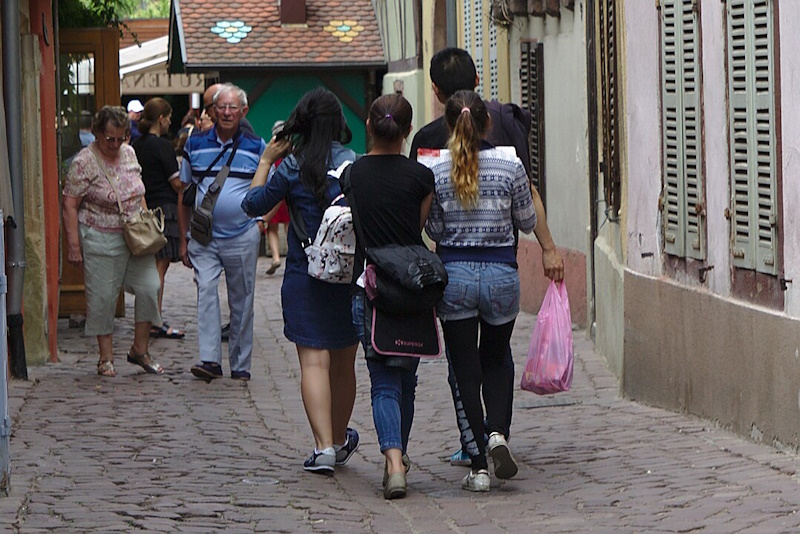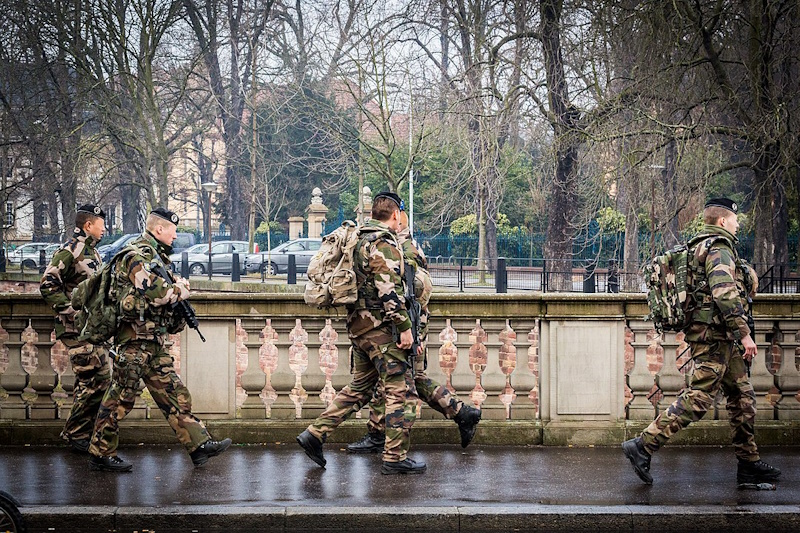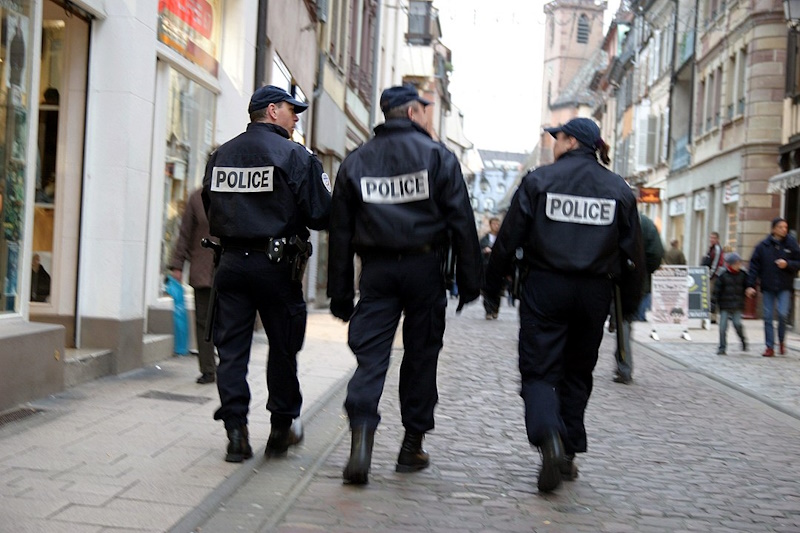Is Paris Really That Dangerous? What Travelers Actually Experience
The image of Paris that spreads online often makes it sound like a city where pickpockets lurk around every corner and visitors are at constant risk. Yet many travelers arrive expecting chaos and leave wondering where all the danger stories came from. Here’s what people actually experience on the ground.
Media & Influencers Horror Stories
A big reason Paris feels unsafe to some travelers before they arrive is the amount of content dedicated to crime warnings. News outlets highlight theft stories and socia media videos zoom in on pickpockets at famous sites.
This creates a strong impression that Paris is uniquely risky. In reality, the issues are the same ones found in any large city with big crowds and lots of tourists.
Everyday Safety in Paris
Visitors who walk the streets, ride the metro, and visit landmarks often say they never run into problems. Many compare it to other major European capitals like London, Madrid, or Munich, busy places where some vigilance is needed, but not places to avoid.
Long-term residents also share that they rarely see pickpockets themselves, even after years of living in the city.
Where Pickpockets Operate

Pickpockets in Paris usually focus on the busiest tourist locations and certain metro lines. Areas like the Champs de Mars by the Eiffel Tower, crowded stations on lines 2, 6, and 9, or tourist-packed spots near Notre Dame are where people need to be most alert.
Scams like fake petitions, bracelet sellers at Sacré-Cœur, or strangers “helping” with directions are common tactics.
How Tourists Are Targeted
Some tourists stand out, and thieves look for the easiest marks. Someone distracted while looking at a map, keeping their wallet in a back pocket, or leaving a bag unattended at a café is a target.
Flashing luxury bags, jewelry, or large amounts of cash also makes someone more appealing to a thief.
Loud voices or obvious “tourist” clothing can draw attention, but it’s usually carelessness with belongings that matters most.
Military and Police in Paris

Visitors are often surprised to see armed soldiers patrolling around landmarks like Notre Dame or even quieter squares like Place des Vosges. This is part of Opération Sentinelle, a long-standing security measure across French cities since 2015.
Their presence doesn’t mean Paris is uniquely dangerous, it simply reflects France’s national approach to visible security.
Paris vs U.S Cities
Many travelers from the United States note that Paris feels safer than back home. Violent crime is far lower, and the absence of widespread gun violence makes visitors feel more at ease.
While theft can be a hassle, the risk of serious harm is considered much smaller compared to cities like Chicago or San Francisco.
Street Smarts That Locals Use
Locals themselves keep things simple. They carry bags in front on the metro, keep zippers closed, and never leave belongings unattended at cafés. Some say they always bring their bag with them to the restroom in restaurants.
These small habits, more than any special anti-theft gear, are what keep both Parisians and travelers safe.
More in this post.
Getting Around Without Worry
Public transport is straightforward and safe with a bit of awareness. Visitors sometimes face hiccups with ticket machines or passes like the Navigo Easy, but these are just inconveniences, not threats.
Apps like Île-de-France Mobilités now let you load tickets directly onto your phone, avoiding the need for physical cards. Taxis and rideshares are also widely used without problems.
To Conclude
Paris, like any major city, has crime, but it is rarely the nightmare that online stories suggest. Travelers who use the same common sense they would in London, Madrid, or New York usually have no issues.
The contrast between fear before arrival and relief after the trip shows how exaggerated the warnings can be.

